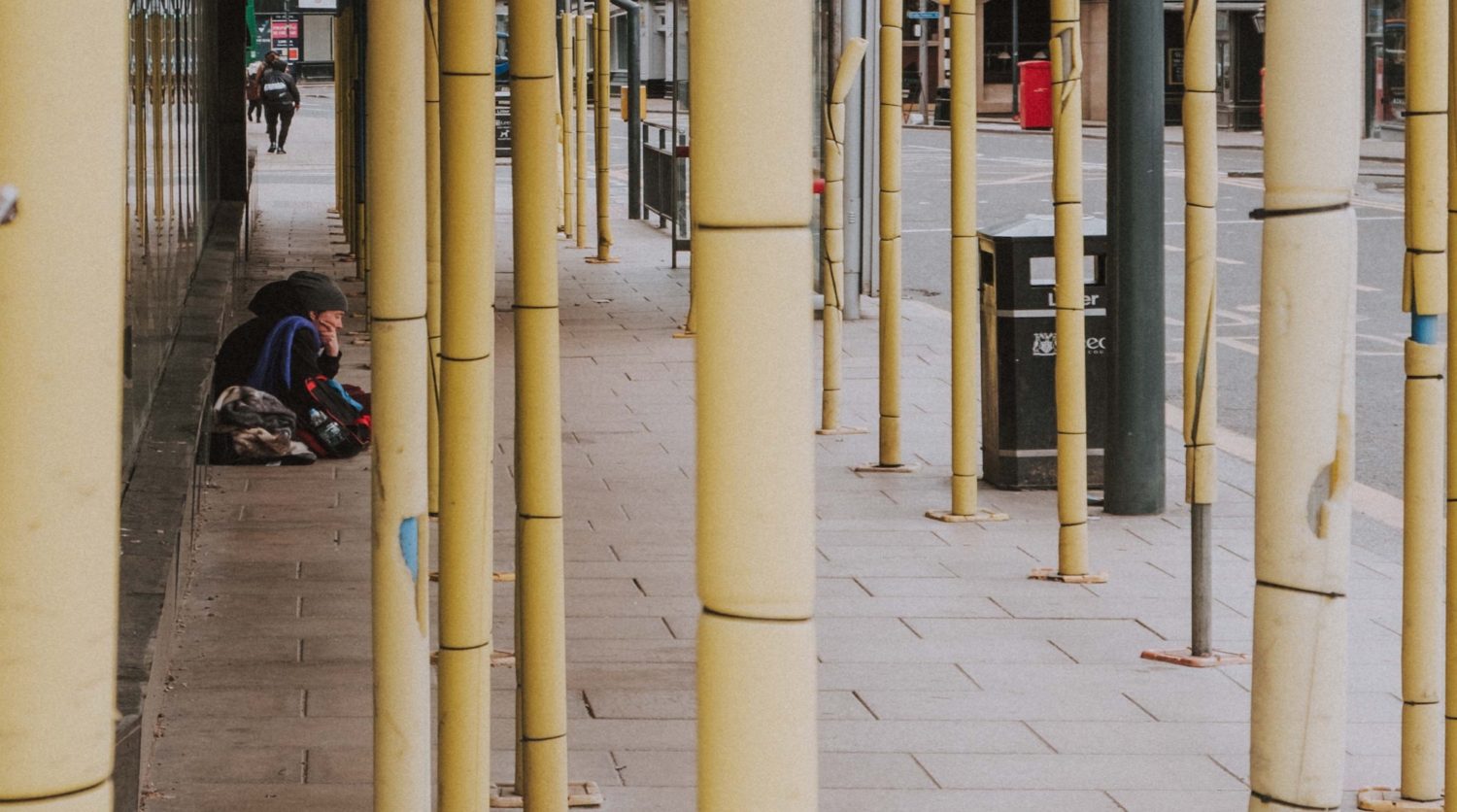Unequal treatment
Health inequality is the other health emergency, writes Kelly Grehan.
If we thought that the Covid-19 crisis was a great leveller, then we could not have been more wrong. In fact it has only served to deepen the deep-rooted health inequalities which have, for so long, defined the life chances of so many.
The Office for National Statistics (ONS) has said that those living in the poorest parts of England and Wales have been dying at twice the rate of those in the richest. And we have also learned that men who work in so-called ‘lower skilled’ occupations, including security guards, bus and taxi drivers, face a greater risk of dying from Covid-19 complications than the wider working population.
People in the most deprived parts of England live on average seven and a half years less than those in the least deprived and spend 19 years more in poorer health, even taking into account their shortened life span. The reasons for this are multiple and complex, but they cannot be simply blamed on those who experience the inequality. They are both societal and structural – for example poor-quality and overcrowded housing conditions are associated with increased risk of cardiovascular diseases, respiratory diseases, depression and anxiety.
People in lower socio-economic groups are also more likely to have long-term health conditions, and these conditions tend to be more severe than those experienced by those in higher socio-economic groups. Deprivation increases the likelihood of having more than one long-term condition at the same time, and on average, people in the most deprived fifth of the population develop multiple long-term conditions 10 years earlier than those in the least deprived fifth. This is not inevitable. We should not just accept it.
Poor living standards are undeniably linked to poor health – an estimated 20 per cent of GP consultations are about a social, rather than a medical problem. An environment in which people are able to keep active, meet others socially, eat well, maintain an appropriate weight, and get support to stop smoking and reduce alcohol consumption is good for health and wellbeing. Just taking more regular physical activity reduces the risk of premature mortality by 30 per cent. There are many people who simply cannot access these activities and support networks which others take for granted.
Whatever the rhetoric, health inequality has not been a priority of this government. In 2012 the coalition scrapped targets aimed at reducing health inequality. The culture of this country is such that GDP is prized as the only real measure of the countries success, and indeed, the UK ranks sixth in the nominal GDP international standing. Health, happiness and compassion have been regarded as unimportant and the idea that economic growth will improve the lives of all has been allowed to reign, but it no longer stands up to scrutiny. What is the point of a country with record economic growth and prosperity if the same country fails to deliver a decent life for those within it?
It is not just those who are suffer the direct consequences of inequality that are impacted by the lack of health equality. Societies with higher levels of inequality tend to suffer from greater numbers of social ills such as high levels of poor mental health and violent crime. Even if we ignore the human cost of this, the economic case for recovery after crime, provision of children’s services and the like steep.
Whilst it might be easy to blame individuals for their circumstances, health-related behaviours are shaped by cultural, social and material circumstances. For example, recent estimates suggest that households in the bottom fifth of income distribution may need to spend 42 per cent of their income, after housing costs, on food in order to follow Public Health England’s recommended diet.
Inequalities in power, money and resources are the primary causes of inequality in health. Wealth gives people choices to make healthier decisions. There are many reasons to think that lack of choice leaves many people more vulnerable to Covid-19. People in poor housing will inevitably have found social distancing more difficult. Simply living in a flat means sharing stairwells, lifts, banisters and door handles. Overcrowding will have left poorer children with nowhere quiet to study and no way of getting any kind of respite from the others in their house. Without a garden, there is no opportunity to enjoy green space at all – deprived areas have on average nine times less access to green space. Children are denied the opportunities to flourish when they grow up in poor homes. Opportunities denied to them set them back years. This is now even more pronounced given school closures – children without access to the internet will not have access to basic tools afforded to their peers.
Quality of work matters too. The jobs where people are dying from Covid-19 are also those which bring people into contact with the public and are often those which are low-paid – jobs such as bus drivers, carers and security guards. Poverty and inequality are disempowering and they give people little choice but to continue with higher risk employment.
We have seen this year that a health emergency can lead to extreme measures being implemented across society. We now need to look at the substantial evidence around how health inequality can be addressed and improved. The main priority of any right-thinking society should be the health of all its members.

